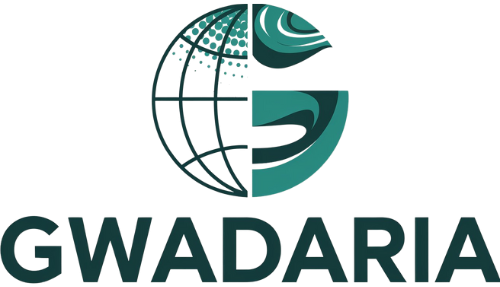Supporters of the ladies soccer group “Les Hijabeuses” collect in entrance of the town corridor in Lille as a part of a protest as French Senate examines a invoice that includes controversial hijab ban in aggressive sports activities in France, February 16, 2022. The slogan reads “Sport for all”. — ReutersDecisions “are disproportionate and discriminatory”: UN consultants.Consultants say Muslim girls who put on hijab should have equal rights.France legal guidelines on secularism search meant hold state impartial.
GENEVA: United Nations rights consultants on Monday slammed selections in France barring girls and women who put on the Muslim headband from sports activities competitions as “discriminatory”, demanding they be reversed.
France invoked its strict guidelines on secularism to ban its athletes from sporting non secular symbols, together with the hijab, throughout the Paris 2024 Olympics.
And France’s soccer and basketball federations have additionally opted to exclude gamers sporting the headband from competitions, together with on the novice degree.
These selections “are disproportionate and discriminatory, and infringe on their rights (of French athletes) to freely manifest their identity, their religion or belief in private and in public, and to take part in cultural life,” stated an announcement signed by eight unbiased UN consultants.
“Muslim women and girls who wear the hijab must have equal rights to participate in cultural and sporting life, and to take part in all aspects of French society of which they are a part,” they stated.
The assertion was signed by the UN particular rapporteurs on cultural rights, on minority points, and on freedom of faith and perception, and members of the UN working group on discrimination in opposition to girls and women.
They’re unbiased consultants appointed by the UN Human Rights Council, however who don’t converse on behalf of the United Nations.
France’s legal guidelines on secularism are meant to maintain the state impartial in non secular issues, whereas guaranteeing residents the appropriate to freely apply their faith.
Amongst different issues, they prohibit pupils and academics in colleges in addition to civil servants from sporting “ostentatious” non secular symbols.
However the consultants insisted that “the neutrality and secular nature of the state are not legitimate grounds for imposing restrictions on the rights to freedom of expression and freedom of religion or belief”.
“Any limitations of these freedoms must be proportionate, necessary to reach one of the objectives stated in international law (safety, health and public order, the rights and freedoms of others), and justified by facts… and not by presumptions, assumptions or prejudices,” they stated.
“In a context of intolerance and strong stigmatisation of women and girls who choose to wear the hijab, France must take all measures at its disposal to protect them, to safeguard their rights, and to promote equality and mutual respect for cultural diversity.”
